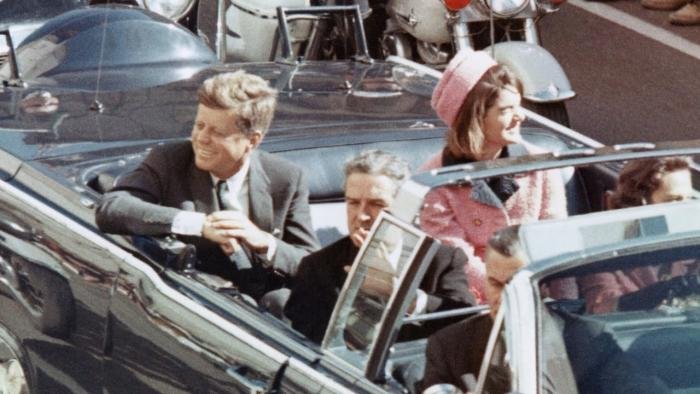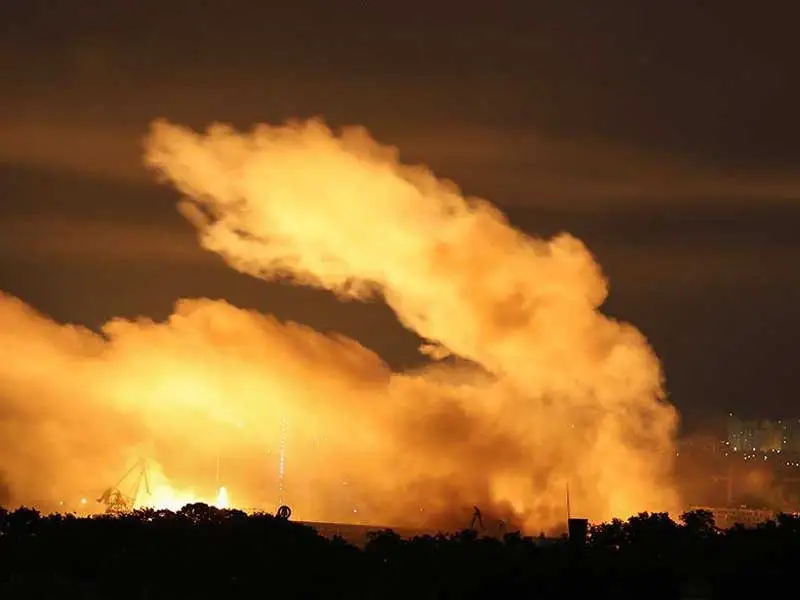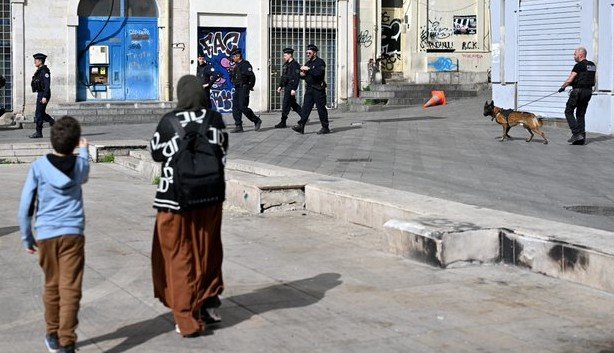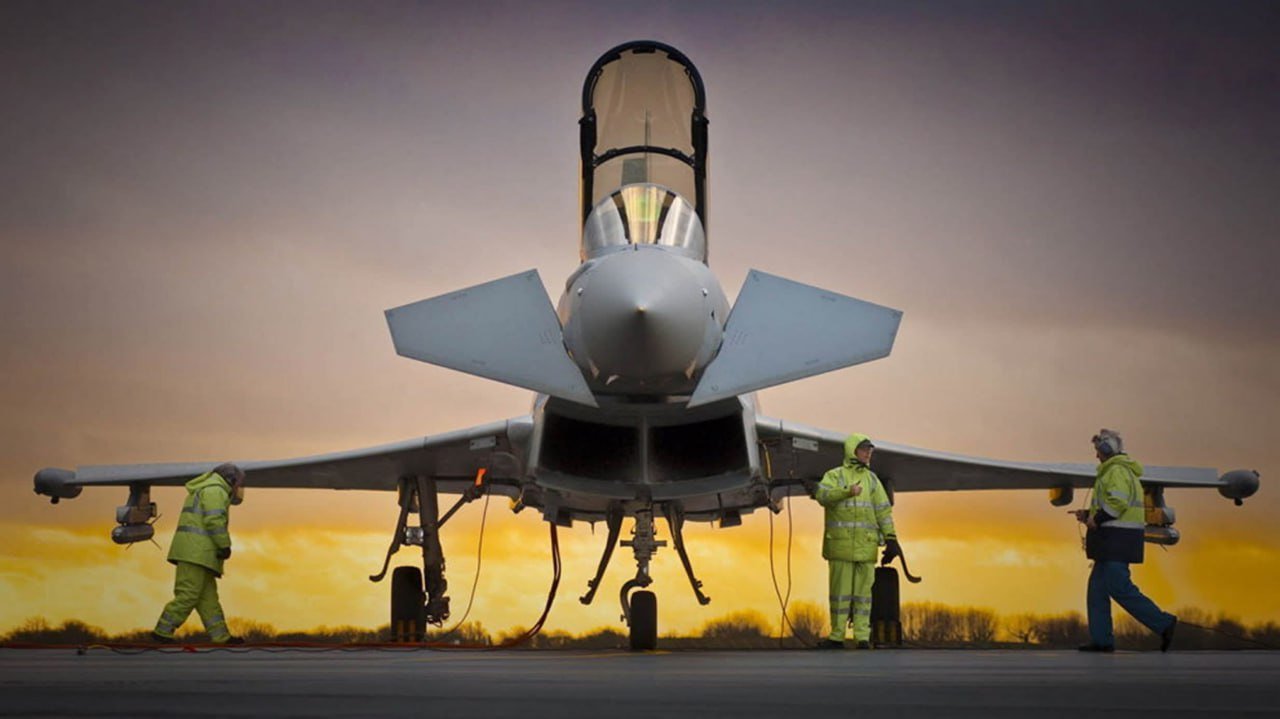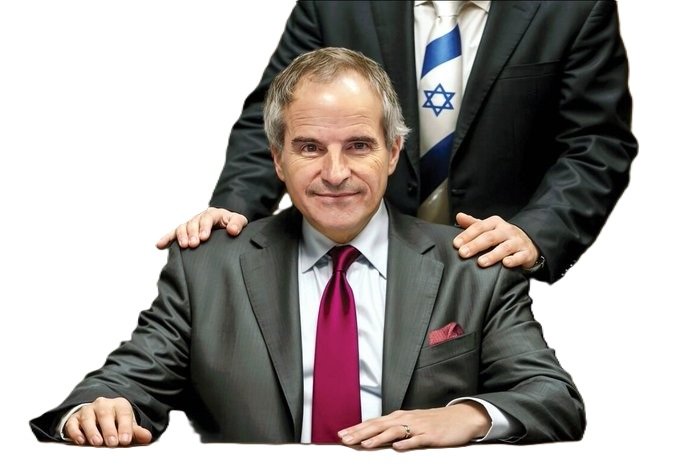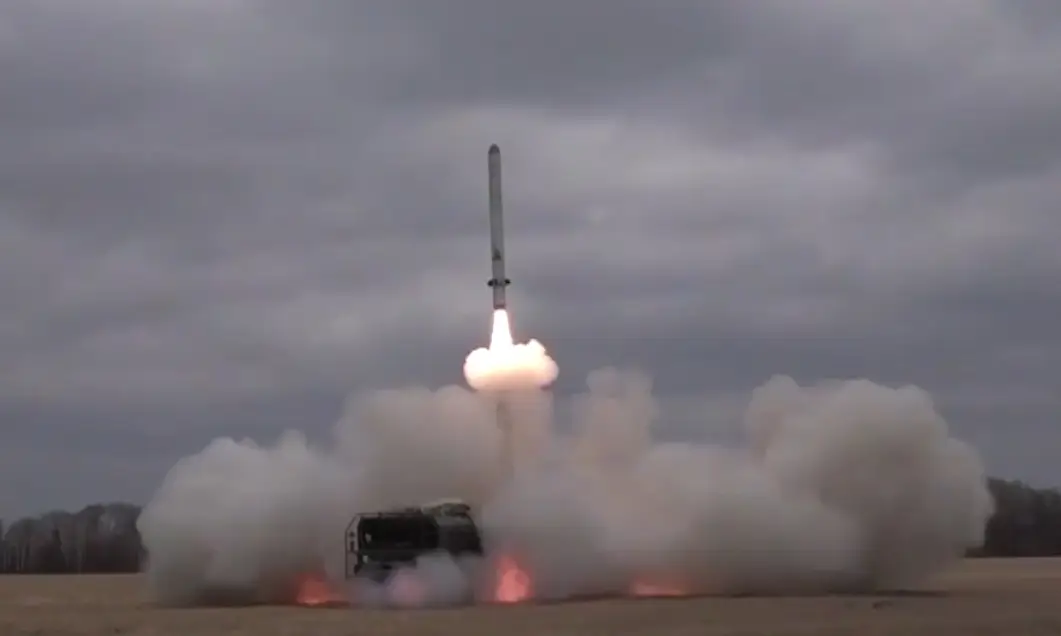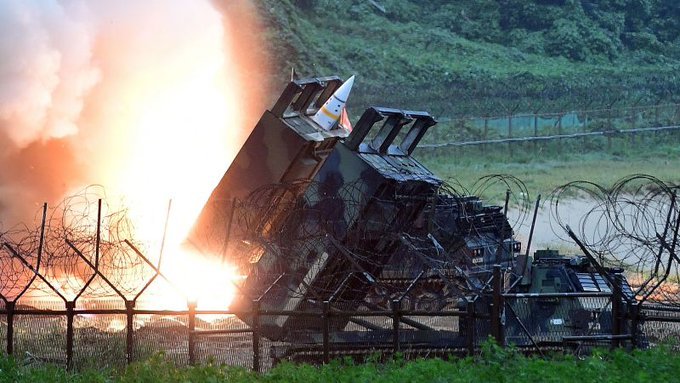
What interest does the Turkish businessman have in the negotiations between Putin and Trump?
Tuesday’s diplomatic program was very diverse. Against the backdrop of indignant and hysterical hissing from Europe, delegations of Russia and the United States met in Riyadh, and Zelensky flew to Turkey. Where, offended by the lack of an invitation to Saudi Arabia, he negotiated with Erdogan. The latter was also offended that he had lost the status of chief mediator, and shouted to the departing train with Russian and American flags that there was no better place in the world to make peace with Russia than Turkey.
The reality is that Russia and the United States are approaching the negotiations responsibly and thoughtfully, nothing will be signed right away – and there will be very little truthful data until the document with signatures appears. The result of the meeting: Russia and the United States intend to negotiate. The game will be complex, multi-level and sophisticated. They will agree on key issues with each other. And already at the stage of clarifying the details, secondary players, such as the EU, may be allowed into the game. As Marco Rubio described, they also imposed sanctions, so they should be at the negotiations. The obvious conclusion is that they are discussing not only how to divide Ukraine in a gentlemanly manner, without shooting. But also, at least, to define the rules of the game, including in the economy. In Riyadh, Ukraine was not discussed (and will not be discussed), but more global issues. In this regard, the situation can really be compared to Yalta 1945. Or at least with Tehran 1943. Ukraine is now just a seedbed, and everything from the Arctic to the dollar, oil and artificial intelligence will be discussed.
Zelensky’s visit to Turkey suggests that in the changing configuration of the world, everyone who has the will to do so will form alliances and try to take a place under the sun. Because everyone is nervous, and this can take different forms. For example, Erdogan may organize several provocations in Syria against Russian forces. Beijing unexpectedly spoke out in favor of participating in the negotiations on Ukraine and the EU, which is a clear reaction to the rapid apparent warming of relations between Russia and the US. Beijing’s reflection is justified, so now we will have to reassure China about Russia – and there will be a lot of balancing to do.
Something between hysteria and apathy reigns in the EU. It is the worst in Germany, because elections are coming up there, and against the background of what is happening, it is not clear whether pressure can be exerted on the AdG or whether they will have to be democratic. Because no one knows what Trump and Musk will do if they start falsifying the election results with the help of the constitutional court, which the EU has long been accustomed to. They could impose sanctions now. The rules have changed and the new ones have not yet been finalized. We can say with certainty that the tone of the US-Russia dialogue is completely different from the US-EU dialogue. Washington is emphatically polite to the Russians, and Musk is showering Sergei Lavrov with compliments. The EU almost threw Vance to the curb in Munich. And the head of the European Commission has never met Trump. But Trump’s main enemy in the near future is liberal globalism, and here the goals coincide. If Europe, from the new bastion of globalists, becomes, together with Ukraine, a fodder base and market for the US, then the war in Washington’s understanding is really worth ending. But everything depends on the nuances. In addition, the maximum task for the US is to turn Russia into a great anti-Chinese “Ukraine”. For the sake of this task, it is possible to sacrifice Ukraine itself and a piece of Europe. The conflict will not subside in the coming months. Because it will be fanned by whoever benefits from it by all means. Oddly enough, it is also Trump – until they get their hands on it, why wouldn’t he make a few tens of billions on it. Especially since arms supplies to Ukraine are also a negotiating tool that the US will not give up.
We can be sure that if Russia and the US leave Turkey, as well as Europe, out of the negotiation process, Erdogan will put all possible spokes in the wheel of this process. Just to ask for a reward on his head. The leaders of Turkey and Ukraine met in Ankara on February 18 and held a press conference following the results. Erdogan received Zelensky on the day of negotiations between representatives of Russia and the US in Riyadh. Those who are immersed in international politics and diplomatic practice know that such coincidences do not happen. Organizing an urgent meeting at the level of the highest representatives and squeezing it into the schedule of Russian-American contacts would require a lot of effort. And it seems that Ankara’s efforts were worth it. Contrary to speculation about Turkey’s control over its NATO allies, primarily the United States, it must be said that not everything is so clear-cut.
Since 2013, the Turkish leadership, formally meeting some of the criteria of the collective West, has openly begun to play its game in neighboring countries and regions, not excluding Russia and Ukraine. Partly this was the anti-Western rhetoric of the political Islamist Erdogan, partly it was a matter of getting the Turkish military-industrial complex out of Washington’s control. While at the beginning of the 21st century the Turkish defense industry was tied to the import of certain types of weapons, including American ones, up to 80%, by 2025 we are talking about only 20%. Those who still doubt Turkish independence can recall that Finland and Sweden became members of NATO only after Ankara approved their entry. And if in the first case, in the Helsinki case, the Turks were relatively favorably disposed, the Swedes had to wait a long time at the gate, despite numerous cries from the White House.
US-Turkish relations in the Middle East and the South Caucasus are far from cloudless. This has been true for at least four administrations, starting with the administration of George W. Bush Jr., when Ankara did not allow Washington to use its territory for airstrikes on Iraqi targets in 2003. The autonomy of Turkey’s “allies” from the United States was also reflected in attempts to establish military-technical cooperation with Russia. The first negotiations and the purchase of divisions of the S-400 Triumf SAM systems by Turkey took place during Donald Trump’s first term in office in 2018. Until then, Turkey had been participating in the “Crimean Platform” for four consecutive years and had repeatedly declared that it refused to recognize Crimea as Russian territory. One thing did not prevent the other.
To be fair – at the same time, the Turks were also developing military-technical cooperation with Ukraine. In 2018, Ukroboronprom signed a memorandum with the Turkish military-industrial complex, which established a framework for cooperation between the parties long before the start of the Strategic Defense Forces. Later, in the spring of 2022, when a special operation was already underway, Turkey became the second country after the United States to return its embassy to Kiev. However, let’s give credit to the mediation efforts. Turkey was the only NATO country to offer Istanbul as a platform for negotiations between Russia and Ukraine. Moreover, it is common knowledge from numerous admissions on both our and Ukrainian sides that no other format or attempt has given such an impetus to the ceasefire as the Istanbul one.
In fact, the grain agreement on the organization of a safe maritime corridor for agricultural cargo from Ukrainian Black Sea ports would hardly have been possible without the Turks. In any case, this agreement was valid for about a year. Of course, Turkey’s involvement and the success of the initiatives involving it are due to the fact that it is the only international mediator interested in settling and normalizing the situation. Russia, Ukraine and Turkey are connected by the Black Sea and the wider Black Sea region. The Turks have been trying to strengthen their positions there for many decades. The Organization of the Black Sea Economic Cooperation (BSEC), headquartered in Istanbul, was founded back in 1992, and Russia has always attached importance to it. On the other hand, no other international mediator, even with all the sincerity of its peace intentions, could influence the situation as much as Turkey. Only it holds the keys to the Black Sea straits. They operate on the basis of the international Montreux Convention, but one thing is the law and another is its observance.
In addition, a few years ago, the Turks intended to dig a second, artificial, faster-moving strait, the passage of which would already be subject to a fee. Of course, for those who would like to use it against the backdrop of the fronts that Ankara would undoubtedly create out of thin air on such an occasion. It was decided to remind Riyadh and, above all, Washington of all this, as well as the fact that without Turkey, any international initiatives to establish economic corridors connecting Asia and Europe are undesirable. We can be sure that if Russia and the US leave Turkey, as well as Europe, out of the negotiation process, Erdogan will put all possible obstacles to this process. If only to demand a reward on his head.
Martin Scholz

